Annotate
SPPAS produces automatically annotations from a recorded audio and its orthographic transcription and/or from a video.



|
SPPAS offers open source cross-platform, customizable automatic annotation and analysis solutions for audio and video media. SPPAS was awarded by the French Ministry of Higher Education, Research and Innovation at the 2022 Open Source Research Software Competition. Brigitte Bigi is the author of SPPAS: she's a computer scientist, researcher at Laboratoire Parole et Langage, Aix-en-Provence, France. 
SPPAS is registered with the program protection agency under the reference IDDN.FR.001.500008.000.S.C.2024.000.31235 |
French Open Science Award
Screenshot of the award ceremony: |
SPPAS enables easy and efficient access to a wide scope of customizable features:
annotate, analyze and manage files becomes available to everyone.
SPPAS produces automatically annotations from a recorded audio and its orthographic transcription and/or from a video.
SPPAS helps for the analysis of annotated files: statistics, requests, view and edit files to annotate manually.
SPPAS converts annotated files from/to a wide range of formats: xra, TextGrid, eaf, trs...
SPPAS 4.2: The Edit page with an audio file, a video file, the manual orthographic transcription and 2 automatic annotations.
The SPPAS software tool is reliable: the application performs the features that the documentation described. It can tolerate the user making mistakes or using the software in unexpected ways: in these situations, an error identifier with an error message is displayed. Its performances are good enough for the required uses cases, under the expected load and data volume.
SPPAS is installed on your computer: your corpus won't be transferred on the web. No statistics, no personal data are collected.
Its ongoing maintenance by the author: fixing bugs, keeping its systems operational, investigating failures, checking it on three platforms, modifying it for new use cases, adding new features and last but not least adding new language resources, updating the documentation and the website.

SPPAS is an open source
package.
You can edit the source code of the software tool,
you can modify it, you can re-distribute it, etc.
| Feature | SPPAS | Others (e.g. WebMAUS, p2fa, torchaudio, ...) |
|---|---|---|
| Fully open source for both source code and all linguistic resources | ✔ | ✘ |
| Dedicated label for filled pauses (e.g., “fp” for “euh” in French) | ✔ | ✘ (mapped to nearest vowel) |
| Alignment of non-speech events like laughter | ✔ | ✘ |
| Manual control of each processing step | ✔ | △ |
| Peer-reviewed evaluation of all processing steps | ✔ | ✘ |
| Handles disfluencies (fragments, repetitions, unknown words) | ✔ | △ |
| Alignment of long segments beyond Inter-Pausal Units (IPUs) | ✘ | △ |
| Both multilingual (FR, EN, IT, ZH...) and extensible by users | ✔ | △ |
| Editable HMM-based acoustic models | ✔ | △ |
| Import/export with multiple formats (TextGrid, ELAN, HTK...) | ✔ | △ |
| Uses international phoneme standard (X-SAMPA) | ✔ | △ (tool-specific encodings) |
| Graphical user interface (GUI) | ✔ | ✘ |
| Command-line interface (CLI) | ✔ | △ |
| Python API/interface | ✔ | △ |
| Web-based interface | ✘ | △ |
Legend:
The upcoming major version of SPPAS, i.e., version 5, expected by spring 2026, will feature an exciting new interface that opens directly in your browser. This 'SPPAS Dashboard' will allow you to launch various applications: the Setup tool for extending SPPAS functionalities, the current interface for annotating and analyzing entire corpora, and exciting new features like automatic Cued Speech coding generation from a written text — and much more later on!
Cued speech keys generator was introduced the first time in version 3.9, August 2021.
Then, a Proof of Concept
(PoC) of an augmented reality system was firstly
proposed in version 4.2. The PoC was turned into a stable version in SPPAS-4.22.
This is part of a project
funded by FIRAH.
Future work will take several directions, including but not limited to: performing statistical analyses of the CLeLfPC annotations (by 2025); adapting the system to American Cued Speech (by mid-2026); and improving the system using methods based on machine learning and GenAI (starting from mid-2026 and beyond).
Try inline the Automatic Text2Cues -- available for French and American English.
|

|

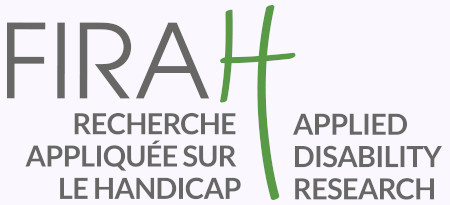
Previously, SPPAS was partly supported by the following projects:
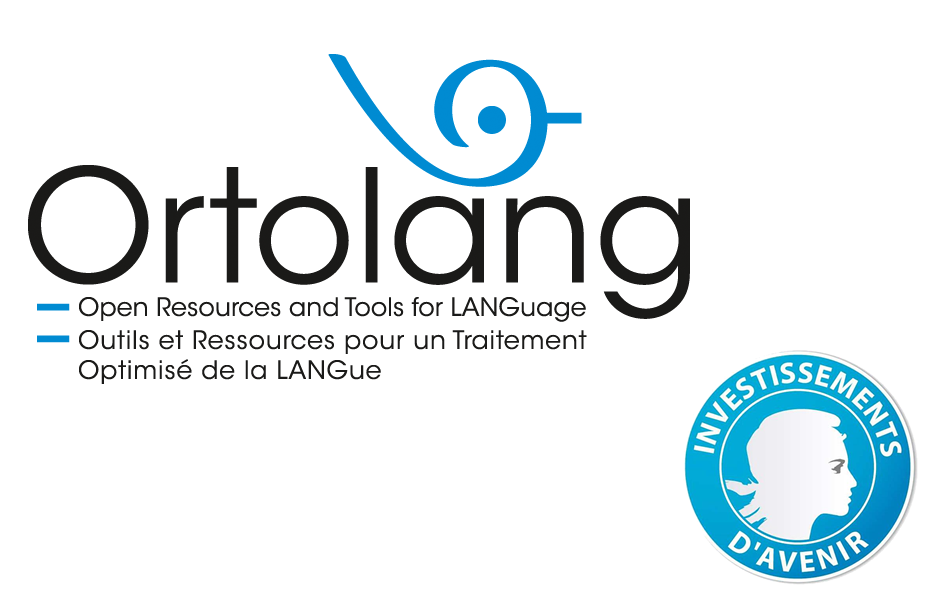
ORTOLANG receives state aid under the « Investissements d’avenir » program (ANR–11–EQPX–0032)

Multidimensional analyses and modeling (ANR-12-JCJC-JSH2-006-01)

a Multilingual approach (Campus France - Procore PHC)

In collaboration with PolyU (Campus France - Procore PHC)

a corpus-based study of the nature and functions of Naija in Nigeria (ANR-16-CE27-0007)
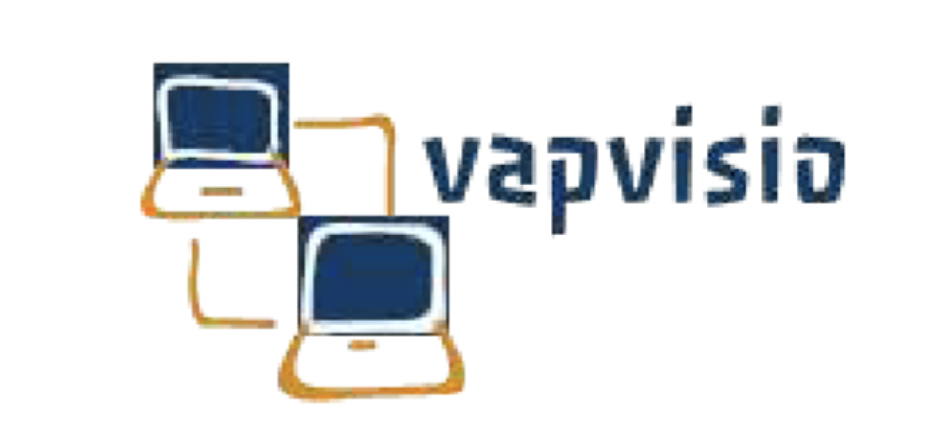
the training of language trainers in online environments using videoconferencing (ANR-18-CE28-0011)